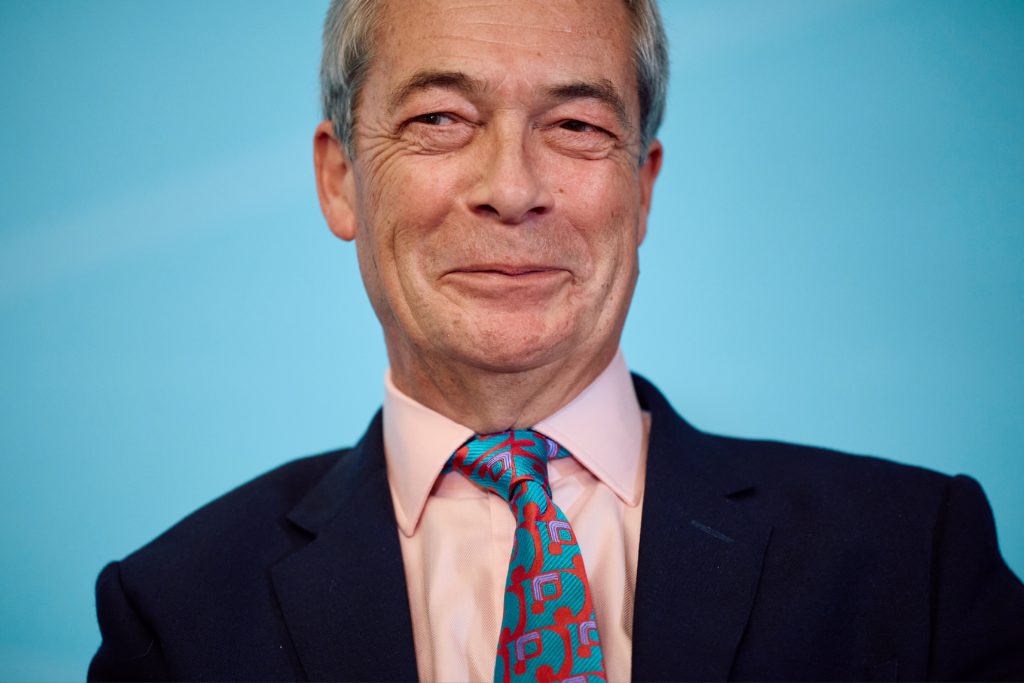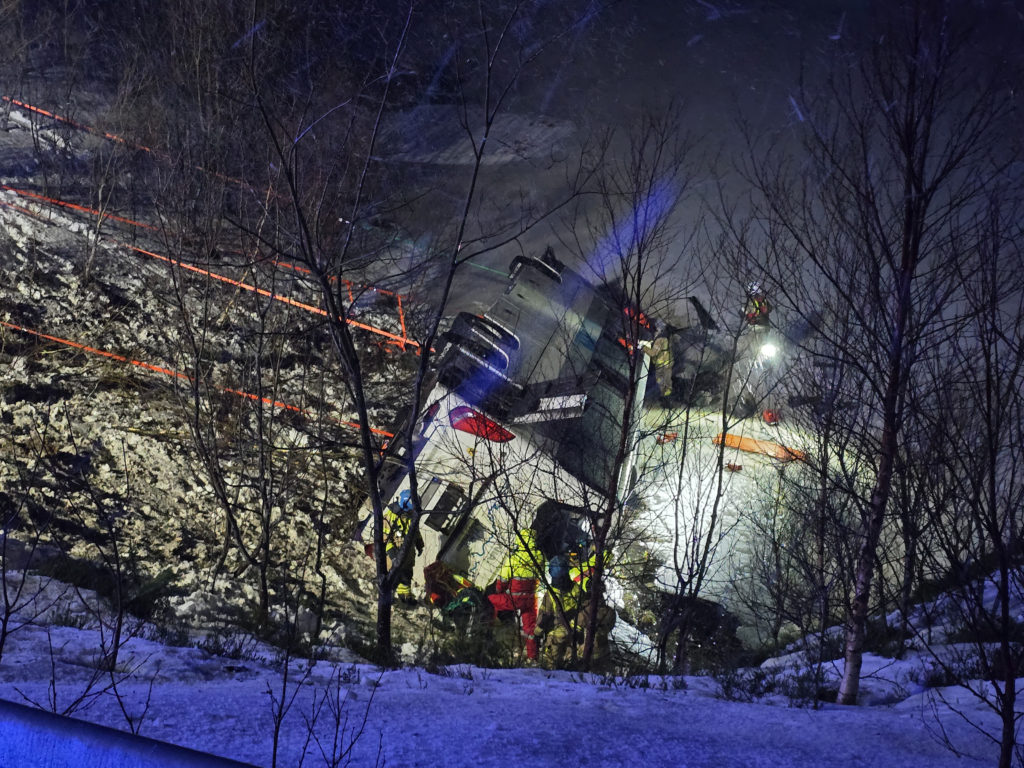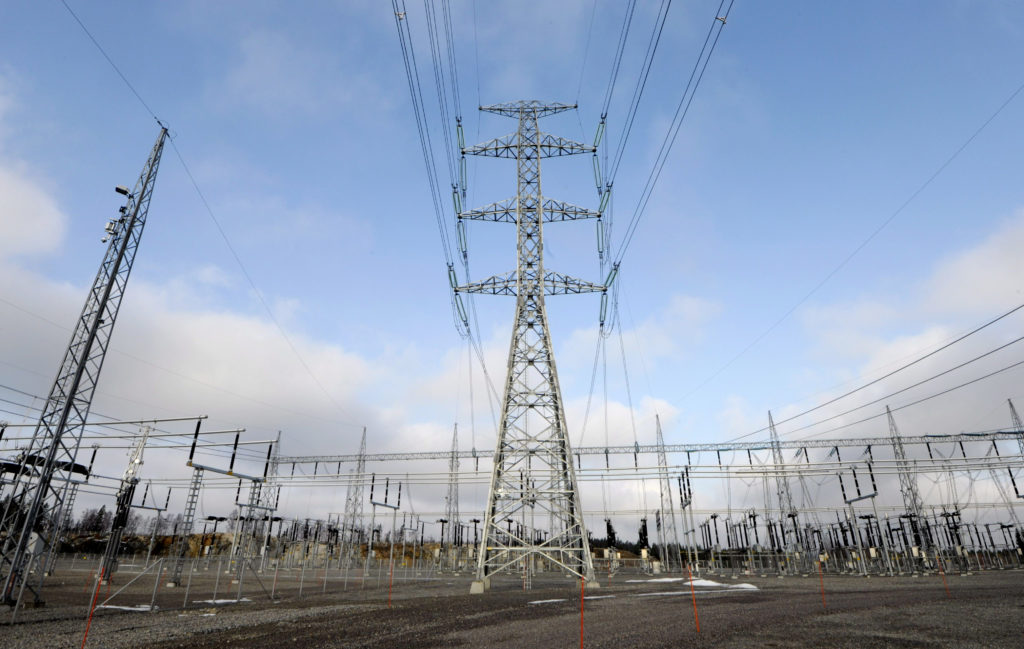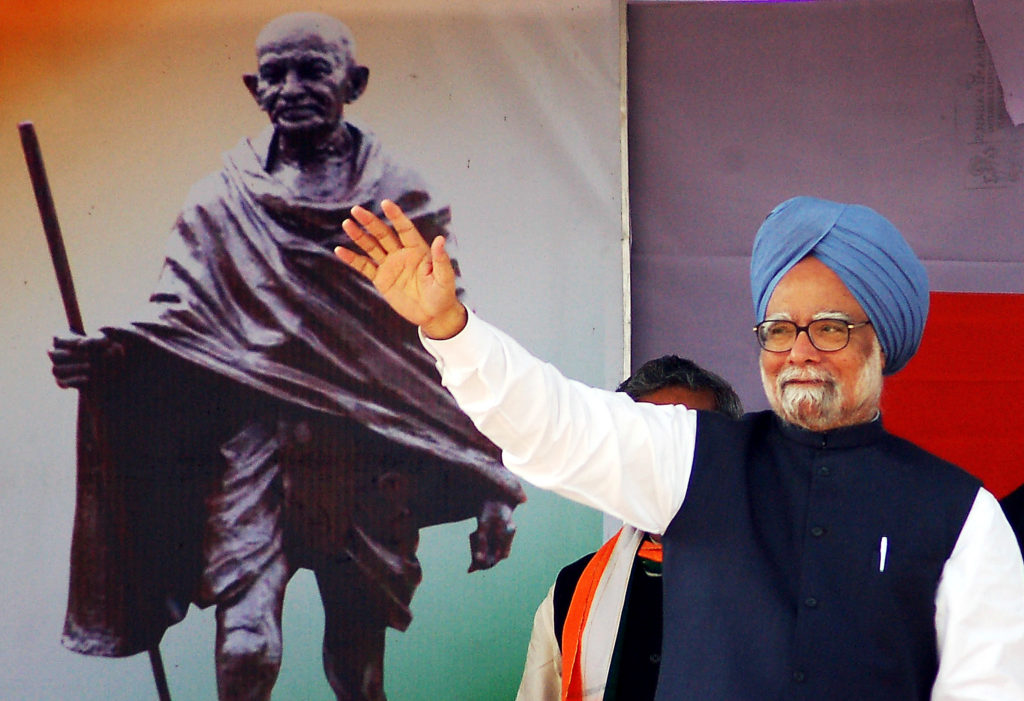With Germany’s Christian Democrats (CDU) trailing in the polls ahead of an election next week, grassroots party members are resorting to an activity that had almost become redundant under Angela Merkel: campaigning.
On a medieval square in the northern city of Bremen, CDU leader and conservative chancellor candidate Armin Laschet takes the stage at a campaign rally to the rousing sounds of “Eye of the Tiger” from Rocky III.
With the CDU and the CSU, its Bavarian sister party, staring down the barrel of possibly their worst election result in post-war Germany on September 26, Laschet needs all the pumped-up motivation he can get.
The centre-left Social Democrats (SPD) are currently leading in the polls, with the conservatives in a position they have become unaccustomed to after 16 years of Merkel: second place.
“I didn’t expect it to be so close,” says Hans-Georg Friedrichs, a longtime CDU activist in Bremen. “Laschet doesn’t have the advantage of already being well-known. He’s had to make himself known.”
– ‘Starting from scratch’ –
“Coming after Merkel is the problem,” agrees Kerstin Eckardt, head of a local CDU group. “We are starting from scratch. We have to convince people.”
“This time it’s a real campaign. It’s not taken for granted like it used to be,” adds a fellow party member.
With her track record, Merkel was able to end a crucial TV election debate in 2013 with the simple closing words “you know me”.
Bernd Neumann, a CDU veteran and former cabinet minister, agrees that Laschet may be suffering from not being a recognisable name.
SPD candidate Olaf Scholz has been finance minister and vice chancellor in Merkel’s coalition government since 2018. “He is well-known, he can capitalise on his experience in government,” Neumann says.
Laschet has been the leader of North Rhine-Westphalia, Germany’s most populous state, since 2017, but has never held a ministerial portfolio.
Elected as head of the CDU in January, he only came through to secure the conservatives’ chancellor candidate nomination after a drawn-out battle with the more popular Markus Soeder of the CSU.
“If there had been only one candidate, we would have been told, ‘Nothing is happening in the party, you are not democratic.’ And with two candidates, we were accused of not being united,” complains Friedrichs.
But the activists admit that the tug-of-war between the two men has left its scars, especially at a time when Merkel’s imminent departure has opened up a political vacuum and created a real need for new momentum.
“I expected it to be tough. It’s been a long time since we were second in the polls,” says Claas Rohmeyer, a regional MP for Bremen, an old commercial city with its own parliament.
– End of an era –
The party that has dominated politics in post-war Germany “is heading for significant changes, which is normal after 16 years,” he says, likening the Merkel era with that of Helmut Kohl, her mentor, who was in power from 1982 to 1998.
A centrist and sworn European, Laschet has vowed to continue Merkel’s moderate course.
But in an election campaign where climate change has dominated the discourse, he has been criticised for his lack of ambition and new ideas, focusing mainly on tackling bureaucracy to facilitate more sustainable development.
“On the big issues, including climate policy, the priority for Germany is to regain its economic strength after the pandemic,” he says at the Bremen rally, to a chorus of boos from climate activists who declare him through a megaphone as “the worst choice for the climate”.
In July, television images of Laschet laughing behind President Frank-Walter Steinmeier who was paying tribute to flood victims stunned the country and eroded the Rhinelander’s reputation.
The CDU-CSU alliance, which has never won less than 30 percent of the vote in federal elections, is currently polling at between 20 and 22 percent, with the SPD out in front on 25 percent and the Greens on around 15 percent.
“The same trend can be seen around Europe, with the major parties weakening,” says Theresa Groeninger, deputy chair of the CDU’s Bremen youth wing. “The days of stability and large majorities are over.”










